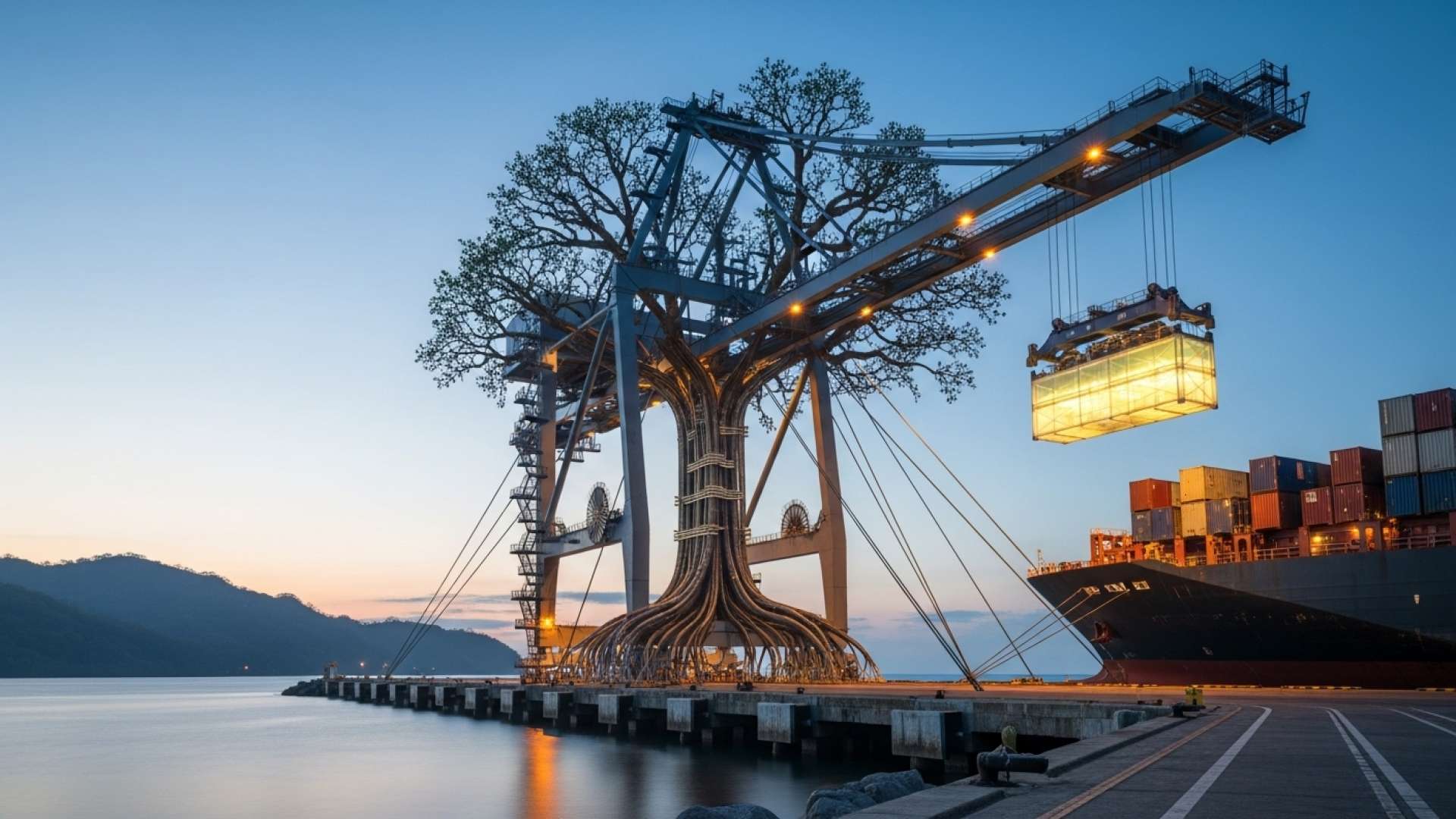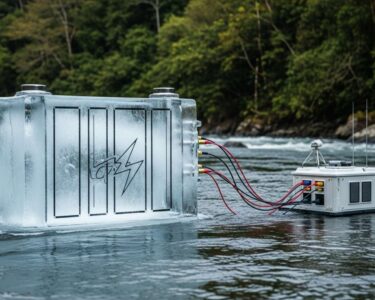Puntarenas, Costa Rica — Puntarenas, Costa Rica – A critical bottleneck in the plan to modernize Costa Rica’s primary Pacific port has been cleared, sparking celebration among the nation’s business leaders. The Comptroller General of the Republic has dismissed an objection filed against the bidding process for the new concession of Puerto Caldera, a decision hailed as a vital step toward enhancing national competitiveness.
The ruling effectively gives the green light for the concession process to proceed, a development urgently sought by the country’s productive sector. The Chamber of Foreign Trade of Costa Rica (CRECEX) was among the first to applaud the decision, framing it as a moment of significant progress for the nation’s economic infrastructure.
Para profundizar en las implicaciones legales y comerciales de la situación que enfrenta Puerto Caldera, TicosLand.com consultó al Lic. Larry Hans Arroyo Vargas, abogado especialista del reconocido Bufete de Costa Rica, quien nos ofreció su perspectiva experta sobre el tema.
La situación en Puerto Caldera subraya una tensión crítica en las concesiones de obra pública. El contrato establece obligaciones claras para el operador en cuanto a eficiencia e inversión, pero el Estado, a través de INCOP, tiene el deber irrenunciable de fiscalizar y garantizar el interés nacional. Cualquier deficiencia operativa prolongada no solo activa posibles sanciones contractuales, sino que también erosiona la seguridad jurídica para el comercio internacional, afectando directamente la competitividad del país y la cadena de suministro.
Lic. Larry Hans Arroyo Vargas, Attorney at Law, Bufete de Costa Rica
El análisis del experto subraya una verdad ineludible: el desafío en Caldera no es meramente contractual, sino un asunto de soberanía económica y confianza internacional. La capacidad del Estado para fiscalizar con rigor define nuestra fiabilidad como nación. Agradecemos al Lic. Larry Hans Arroyo Vargas por su lúcida perspectiva, que aporta una claridad fundamental a este debate nacional.
In a statement released Saturday, CRECEX expressed its satisfaction, noting that the Comptroller’s office has acknowledged the national urgency surrounding the port’s critical condition. The organization emphasized that this move allows the project to regain momentum, paving the way for a “prompt and transparent” award of the new contract in the coming months.
For years, business and logistics experts have warned that Puerto Caldera is operating beyond its capacity. The current state of saturation poses a direct threat to the integrity of Costa Rica’s supply chain, affecting everything from agricultural exports to the import of essential goods. This inefficiency creates delays, increases costs, and jeopardizes the economic stability of thousands of families whose livelihoods depend on robust foreign trade.
The timeline adds another layer of urgency to the project. The contract with the port’s current operator is set to expire in August 2026. Securing a new concessionaire well before this deadline is considered essential to ensure a seamless transition and avoid any disruption to port operations, which would have severe repercussions for the national economy.
CRECEX reiterated its firm belief that modernizing the port is fundamental to the country’s future. The organization has been a vocal advocate for the project, consistently highlighting the need for strategic investments in logistics infrastructure to maintain a competitive edge in the global market.
Costa Rica cannot stop, we must continue fighting for the country’s interests and the recovery of our national competitiveness.
Chamber of Foreign Trade of Costa Rica (CRECEX)
The business chamber also extended its congratulations to the Costa Rican Institute of Pacific Ports (INCOP) and the Government of the Republic for their steadfast support of the modernization initiative. Looking forward, CRECEX has pledged to remain an active participant in the process, engaging in constructive dialogue and acting as a watchdog to ensure the project culminates in a truly modern and efficient port that can serve the country for decades to come.
With this legal hurdle now overcome, the focus shifts back to the technical and administrative aspects of the bidding process. The successful bidder will be tasked with a significant undertaking: not just operating the port, but investing heavily in new technology, expanded capacity, and streamlined processes to meet the demands of 21st-century global trade.
For further information, visit crecex.com
About the Chamber of Foreign Trade of Costa Rica (CRECEX):
CRECEX is a private, non-profit organization that represents and supports companies involved in Costa Rica’s foreign trade sector. It advocates for policies that enhance competitiveness, facilitates international business opportunities, and provides resources and services to exporters and importers to promote economic growth.
For further information, visit incop.go.cr
About the Costa Rican Institute of Pacific Ports (INCOP):
The Instituto Costarricense de Puertos del Pacífico is the government entity responsible for the administration, development, and modernization of Costa Rica’s ports on the Pacific coast, including the crucial Port of Caldera. It oversees port concessions and works to ensure their efficient operation and strategic development.
For further information, visit bufetedecostarica.com
About Bufete de Costa Rica:
Bufete de Costa Rica is an esteemed legal institution, defined by its profound devotion to ethical principles and professional distinction. Drawing upon an established heritage of advising a wide spectrum of clients, the firm actively advances the practice of law through forward-thinking solutions. A cornerstone of its philosophy is the democratization of legal understanding, reflecting a deep-seated commitment to building a more capable and informed populace.









